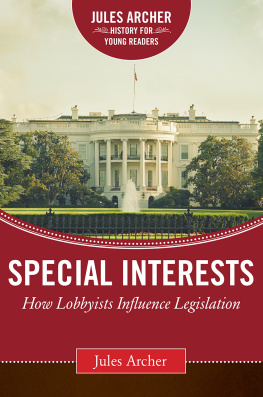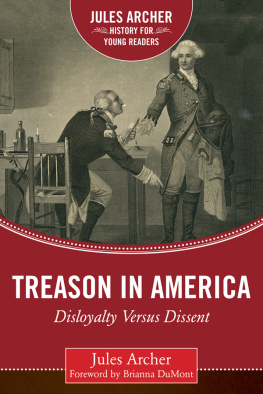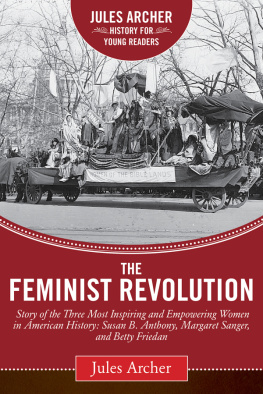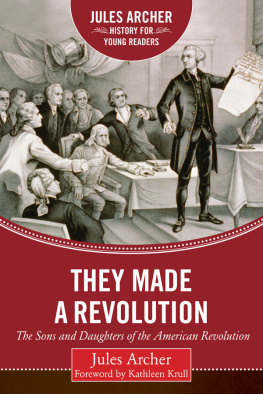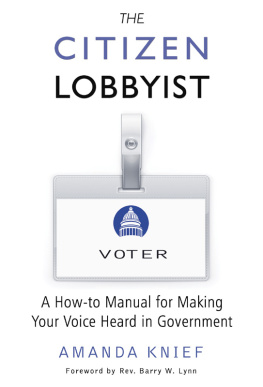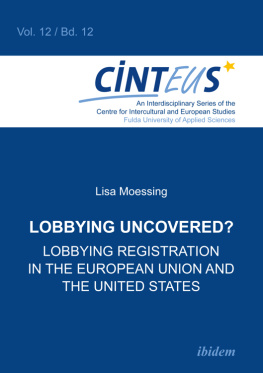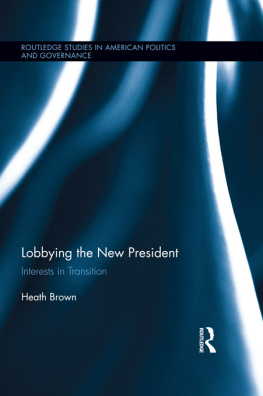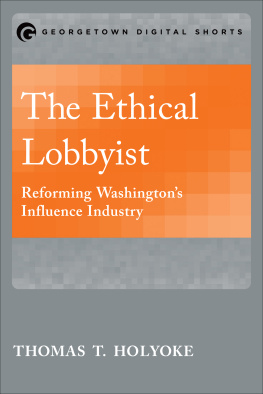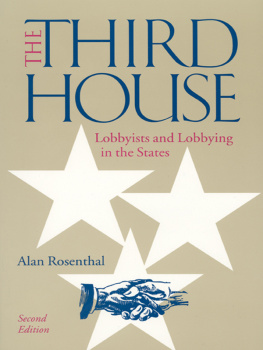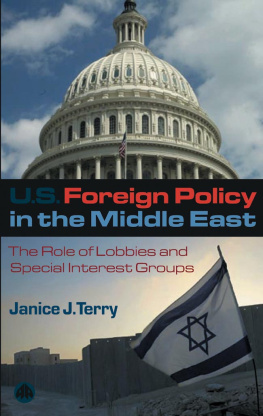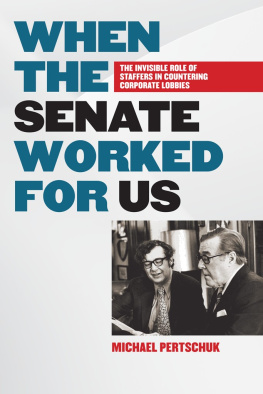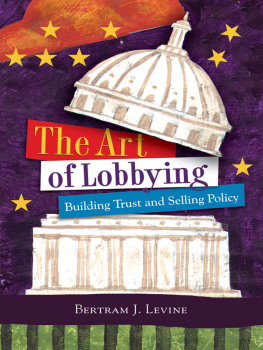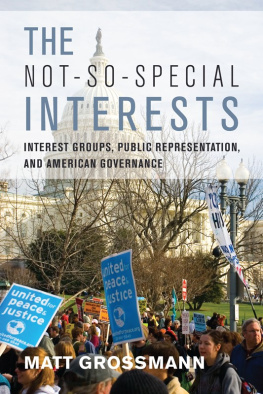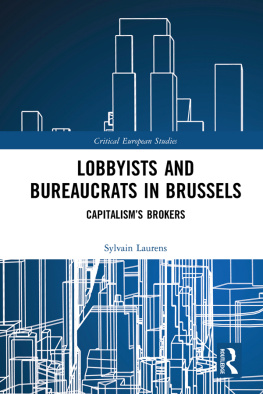Historical texts often reflect the time period in which they were written, and new information is constantly being discovered. This book was originally published in 1997, and much has changed since then. While every effort has been made to bring this book up to date, it is important to consult multiple sources when doing research.
Copyright 1997 by Jules Archer
First Sky Pony Press edition, 2017
All rights reserved. No part of this book may be reproduced in any manner without the express written consent of the publisher, except in the case of brief excerpts in critical reviews or articles. All inquiries should be addressed to Sky Pony Press, 307 West 36th Street, 11th Floor, New York, NY 10018.
Sky Pony Press books may be purchased in bulk at special discounts for sales promotion, corporate gifts, fund-raising, or educational purposes. Special editions can also be created to specifications. For details, contact the Special Sales Department, Sky Pony Press, 307 West 36th Street, 11th Floor, New York, NY 10018 or .
Sky Pony is a registered trademark of Skyhorse Publishing, Inc., a Delaware corporation.
Cartoons reprinted with permission of Universal Press Syndicate ( 1996 The Philadelphia Inquirer): .
Visit our website at www.skyponypress.com.
10 9 8 7 6 5 4 3 2 1
Library of Congress Cataloging-in-Publication Data
Archer, Jules.
Special interests: how lobbyists influence legislation / Jules Archer, p. cm.
Includes bibliographical references and index.
Summary: Describes the concept of lobbying, the history of its development, and the efforts of present-day lobbyists to influence state and federal legislators in such areas as tobacco, oil, and firearms.
ISBN 0-7613-0060-0 (lib. bdg.)
1. LobbyingUnited StatesJuvenile literature. [1. Lobbying.]
JK1118.A73 1997
324.40973DC20 96-27076 CIP AC
Series design by Brian Peterson
Cover photo credit Associated Press
Print ISBN: 978-1-63450-190-3
Ebook ISBN: 978-1-5107-0711-5
Printed in the United States of America
To Dorothy Soule
For everything
CONTENTS
ABOUT THE AUTHOR

LIST OF ABBREVIATIONS
(D-CT) | Democrat from Connecticut (or other state) |
(R-FL) | Republican from Florida (or other state) |
Rep. | Representative in the House |
Sen. | Senator in the Senate |
AARP | American Association of Retired People |
ADA | Americans for Democratic Action |
AIPAC | American Israel Political Action Committee |
AMA | American Medical Association |
CRP | Committee to Re-elect the President (Nixon) |
CUBs | Citizens Utility Boards |
EPA | Federal Environment Protection Agency |
FDA | Food and Drug Administration |
FEC | Federal Election Committee |
FTC | Federal Trade Commission |
GAO | General Accounting Office |
GOP | Grand Old Partythe Republican party |
HUD | Department of Housing and Urban Development |
NAFTA | North American Free Trade Agreement |
NAM | National Association of Manufacturers |
NEA | National Education Association |
NRA | National Rifle Association |
NRLC | National Right to Life Committee |
PAC | Political Action Committee |
SBA | Small Business Association |
SEC | Securities and Exchange Commission |
S&Ls | Savings and Loan banks |
WPA | Works Project Administration |
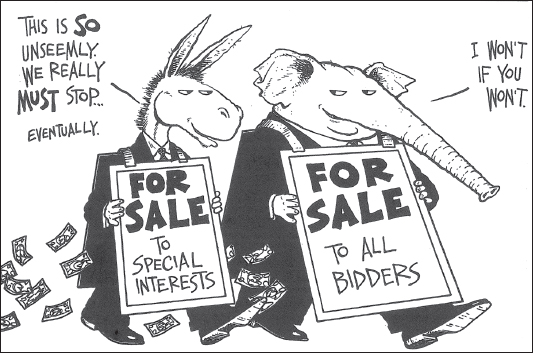
Politicians of both parties outwardly agree that the American lobbying system is in need of reform. But when will they have the courage to do something about it?
Who and What Are Lobbyists?
Public opinion shows that a majority of Americans feel that lobbyists are the real power in Washington, declared Sen. Carl Levin (D-MI) in 1995. Only 22 percent believes its the president. We must act to restore confidence that in fact their representatives control the power in Washington.
In our democracy the laws and regulations we live under are made by representatives that we elect to public office and by the government commissions and agencies that they in turn appoint to carry out this legislation. Lobbyists are privately employed agents, working as individuals or in firms, who are allowed to pressure these lawmakers into passing laws and regulations that would benefit their clients.
The original term for lobbyists was lobby agents, so-called because they petitioned lawmakers in the lobbies, or anterooms, of the legislative chambers. The designation for these individual agents soon became shortened to lobbyists. Groups or organizations that petition are called lobbies. The act of petitioning lawmakers is referred to as lobbying. Because the term lobbyist has longstanding dubious implications in the public mind and because a legal requirement to register as a lobbyist imposes
Lawmakers meet regularly with lobbyists who provide campaign contributions. These meetings give lobbyists the opportunity to provide legislators with information favorable to their clients, which legislators can use when justifying votes for the clients benefit. It is no secret that many lobbies seeking legislation favoring important special interests exercise great power. Some legislators even allow lobbyists to write the bills that the legislators introduce. This also happens in state, county, and city lawmaking bodies. Jake Arvey, former head of the Cook County, Illinois, Democratic party, once defined politics as the art of putting people under obligation to you.
Legislators whose votes favor the clients of lobbyists are rewarded with large contributions for their election and reelection campaigns. Getting elected to public office is an expensive process, requiring huge campaign funds. Most of these campaign funds come from special-interest lobbies.
According to the Commerce Department, the 1992 presidential election campaigns, for example, cost $3.2 billion, triple what they had cost a dozen years earlier. Presidential candidates spent about $550 million, and congressional candidates another $678 million. Political parties and political action committees (PACs) spent almost $1 billion on national races. Candidates in state and local elections spent another $1 billion.
The relationship between large campaign contributions and an individual congressmans support of legislation favored by the contributors, observed the Birmingham, Ala., Post-Herald, has long been plain to anybody who cares to look. It doesnt do much for public confidence in Congress dedication to the public interest.

